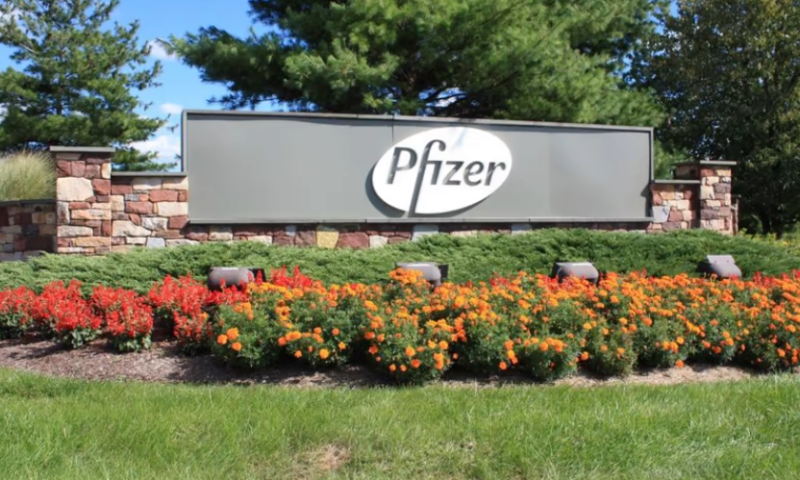Biotech deal making has received a much-needed shot in the arm as Pfizer coughed up $11.6 billion for Biohaven, including its late-stage migraine nasal spray.
In addition to the FDA-approved migraine med Nurtec, the deal announced Tuesday will give Pfizer access to zavegepant, a nasal spray being tested for migraine in a phase 3 trial and COVID-induced lung inflammation in phase 2. The former indication was submitted to regulators for FDA approval in March with a decision expected in the second quarter. The drug is also being tested as an oral med to prevent migraines.
The acquisition comes six months after Pfizer started to stake its claim on Biohaven’s future, agreeing to dole out up to $1.24 billion to market Nurtec and zavegepant outside the U.S. As part of the licensing deal, Pfizer invested $350 million into 2.6% of Biohaven’s shares.
Pfizer’s acquisition today focuses on Biohaven’s calcitonin gene-related peptide (CGRP) pipeline, which aside from Nurtex and zavegepant also includes five pre-clinical assests. The remainder of Biohaven’s late-stage pipeline—troriluzole for obsessive compulsive disorder and verdiperstat for amyotrophic lateral sclerosis—will be owned by a new publicly traded company dubbed ‘New Biohaven.’ Mizuho analysts said in a May 10 note that they don’t believe investors are currently assigning much value to any of the non-CGRP assets.
“From Biohaven’s non-CGRP portfolio, we are still expecting topline troriluzole data in spinocerebellar ataxia in mid-2022 and topline verdiperstat data in ALS in 2H22,” the analysts added. “Those data readouts will likely significantly impact how investors value New Biohaven.”
New Biohaven will be led by current CEO Vlad Coric, M.D., alongside other members of Biohaven’s current management team. It is unclear how many additional Biohaven staff will be incorporated into Pfizer. Coric said the new company would have enough financing to get through “its inflection points.”
“We’re excited about the New Biohaven and it’s very well capitalized for our budgetary needs well past a year,” he said.
Beyond the hefty price tag, the deal is notable at a time when Big Pharma appears hesitant to commit to such high-value acquisitions, despite tumbling biotech valuations. It’s also significant as the first major decision from Pfizer’s new CFO David Denton, who is just eight days into the job. Denton’s hiring was hinted at as being possibly linked to impending M&A deals given his experience overseeing major pharmacy retailer CVS’ 2018 acquisition of Aetna.
And it may not be the last deal Pfizer makes in the near-term with Chief Buisiness Innovation Officer Aamir Malik hinting that by centering the company’s M&A strategy on diversification, other tantalizing deals could present themselves. Aside from Biohaven, the company has recently acquired ReViral, Arena Pharmaceuticals and Trillium Therapeutics. Malik reiterated that when it comes to future deals, the company is “agnostic to size.”
“But we’ve also been clear that we’re going to focus on driving our topline growth in the back-half of the decade, rather than large deals that are anchored on cost synergies,” he said.
The absorption of Biohaven puts Pfizer back in the neurological game after shedding an early brain-focused pipeline and cutting around 300 related jobs back in 2018. At the time, the company said it would be redirecting resources “to those areas where we have strong scientific leadership.”
The news appeared to bring some respite to a beleaguered biotech market, with the XBI biotech index rising almost 6% in the market’s opening minutes, following its worst day since 2015.

